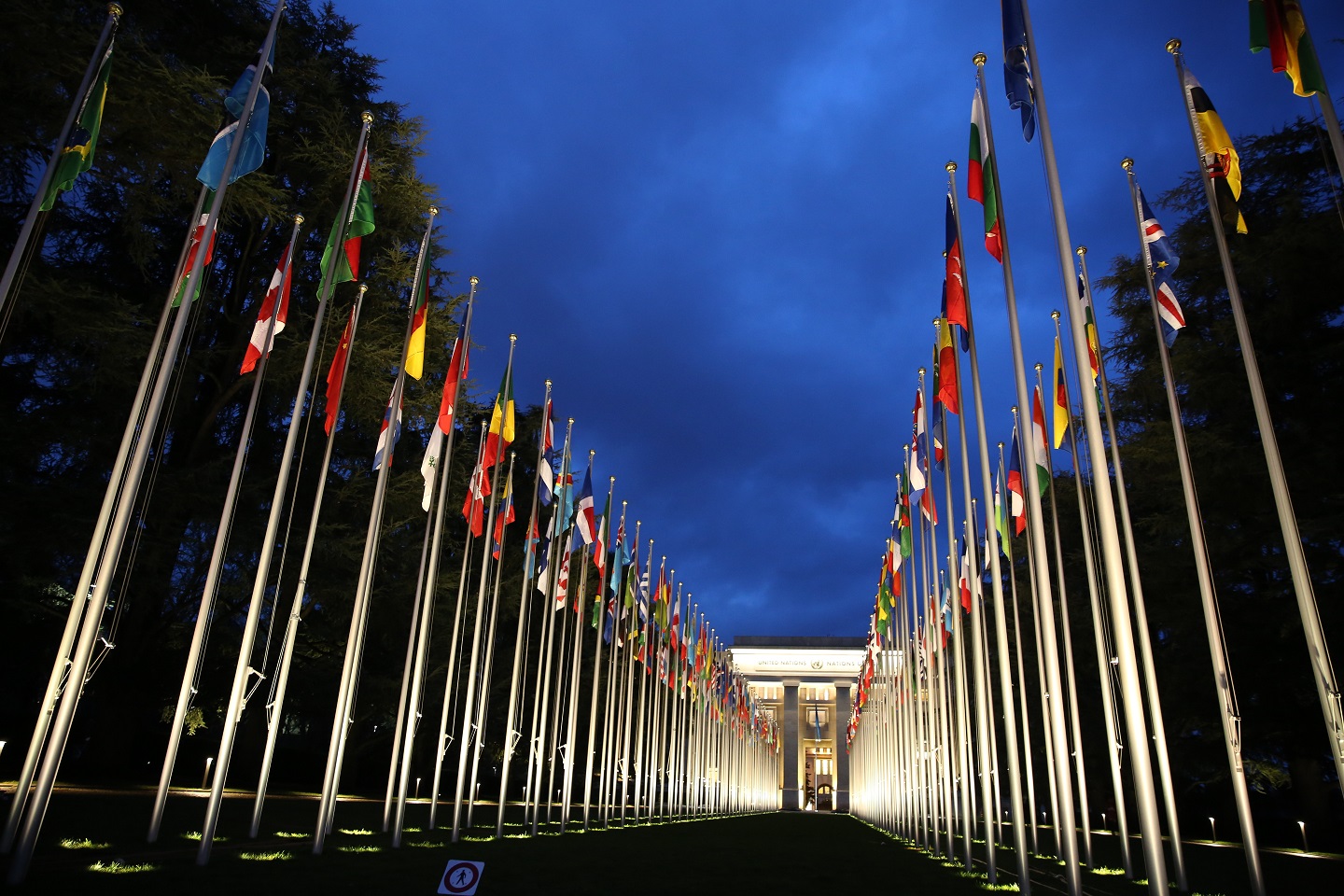The Government is preparing to make representations on its progress before the UNHRC sessions, which are expected to begin later this month. In 2017 the Government requested an extension of two years to implement the bulk of the requirements it agreed to when it cosponsored resolution 30/1 in 2015. However, the SLPP, which is backed by former President and Opposition Leader Mahinda Rajapaksa, has consistently criticised the efforts as detrimental to Sri Lanka’s sovereignty.
If the SLPP is selected to govern at the next general election, the party would present a new resolution to UNHRC that would counter many of the reconciliation efforts detailed in the 2015 resolution, Prof. Peiris said.
“This would be a new resolution to counter the pledges made by Sri Lanka at UNHRC in 2015. We consider that document to be a traitorous document, which recommends participation of foreign judges in the Sri Lankan legal process. We believe that these problems should be resolved within Sri Lanka without the participation of outside forces,” Prof. G.L. Peiris told reporters at party headquarters.
He claimed the SLPP would try to reverse the effects of resolution 30/1. However, while a new government can present a fresh resolution to the UNHRC, it would need the backing of a majority of members before it can be passed. In 2013 Sri Lanka presented a resolution to UNHRC but lost the vote.
Prof. Peiris noted the resolution would oppose any prosecution against military officials. He added the SLPP would propose new measures based on securing the sovereignty of Sri Lanka.
“Just because we are proposing a new resolution does not mean that we are against reconciliation, but we have to look for a way to promote reconciliation within the local context which actually suits us and the goals we have as a nation.”
